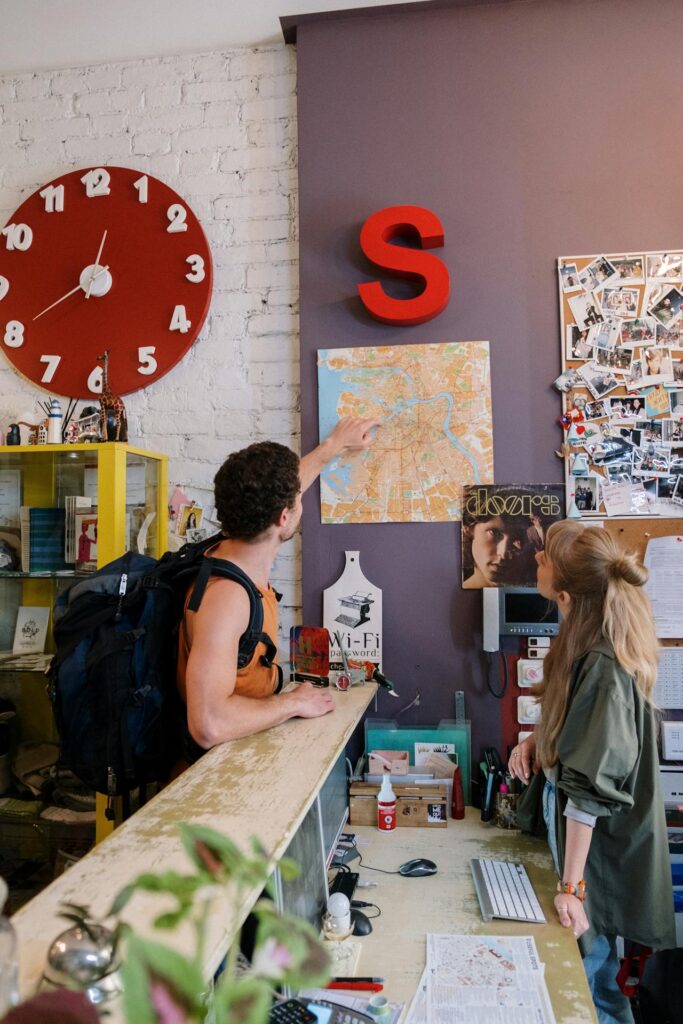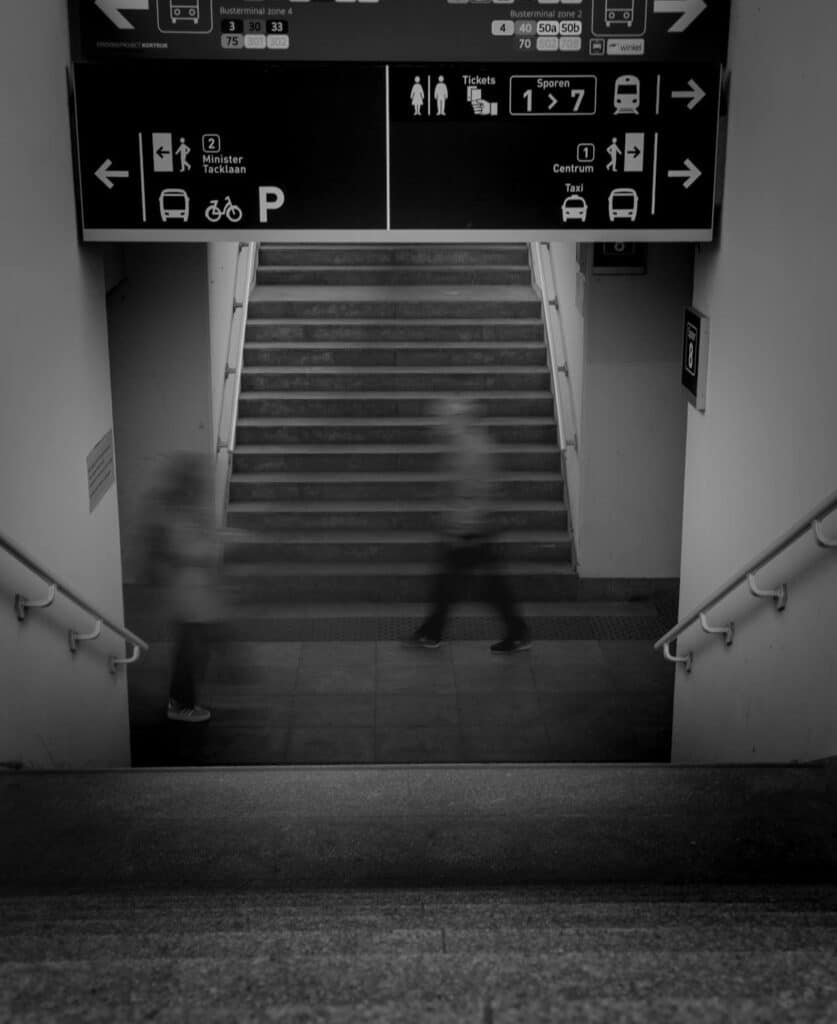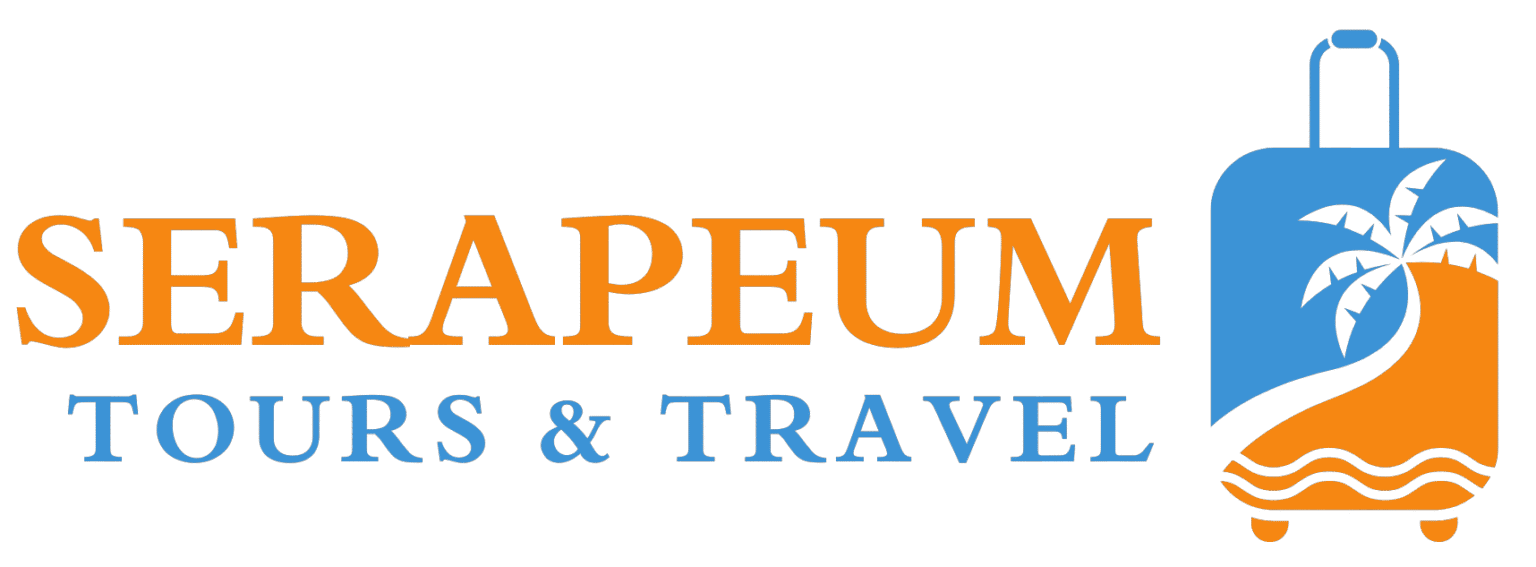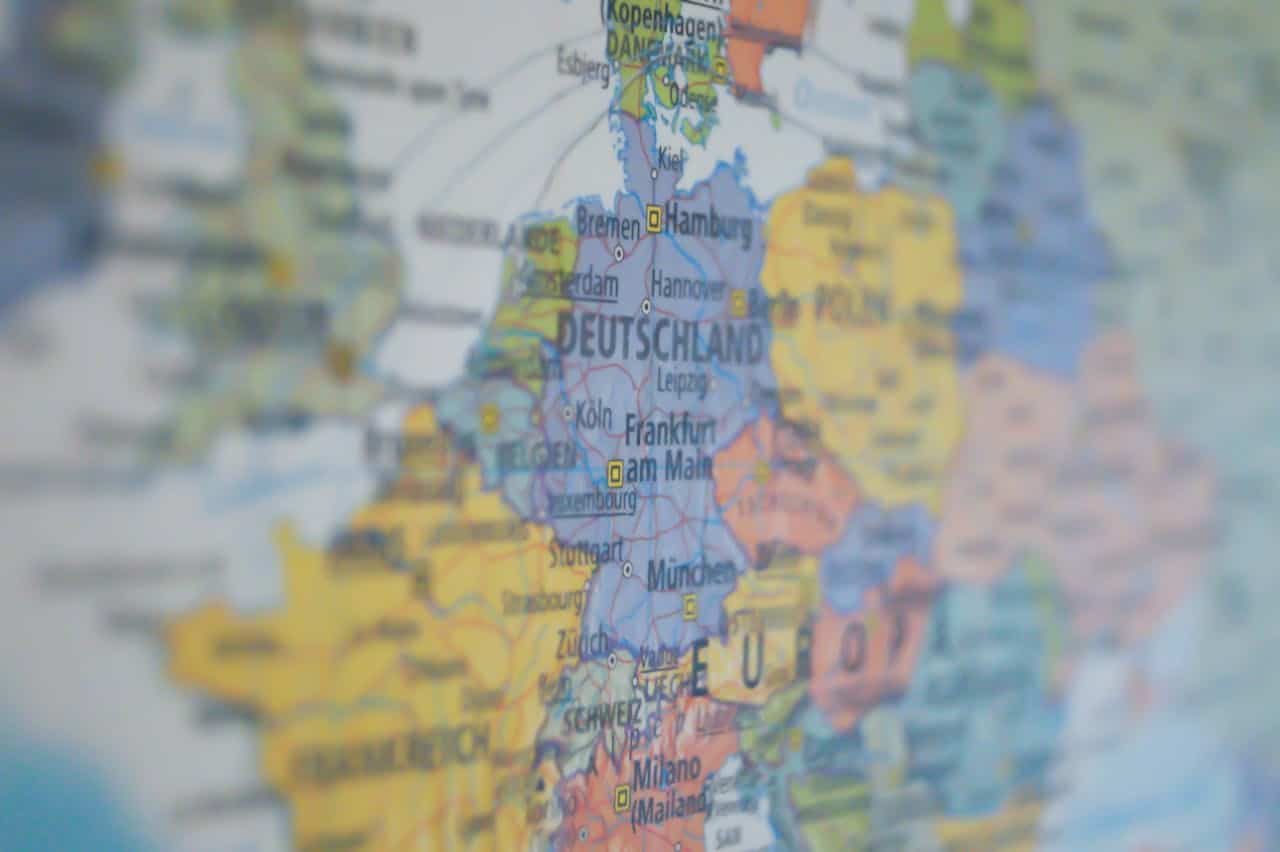Budget Solo Travel Guide Europe 2025 – Everything You Need to Start Your Trip With Low Costs
Ever dreamed of leaving life’s pressures behind and starting an adventurous journey alone across Europe? If you love exploring and freedom but always worry about the costs, then this budget solo travel guide Europe 2025 is exactly what you’ve been looking for.
In this complete guide, we’ll take you through the best ways to enjoy your solo trip to Europe without breaking the bank. Whether you’re a student, young traveler, or just someone who loves traveling on a tight budget, you’ll find all the practical tips and info you need to plan your trip like a pro — at a very low cost!
Why Traveling Solo in Europe in 2025?

Why Now?
2025 might be the perfect year to start your solo adventure in Europe. With deals from airlines and hotels, it’s easier than ever to organize a budget-friendly trip. Not to mention that tourism has started returning steadily after years of global impacts, making popular spots less crowded and more peaceful.
Benefits of Solo Travel: Freedom Is Our Secret Word
Solo travel doesn’t mean loneliness — it means freedom. You’re free to choose your destination, your schedule, and even what food you want to eat. No waiting for others, no compromises — just you and your roadmap. This freedom gives you a unique personal experience and a chance to grow and build self-confidence in surprising ways.
How to Plan Your Solo Trip on a Budget?

1. Choosing the Right Destination: Where Can You Save Money?
Not all European countries are equal in price, so the first step in this budget solo travel guide Europe 2025 is choosing the right destination. Here are some suggestions:
- Poland: One of the cheapest destinations in Europe, with beautiful cities like Krakow and Warsaw.
- Portugal: Especially Lisbon, which now offers great deals for travelers on a tight budget.
- Spain (some areas): While expensive in some parts, cities like Granada or Melilla offer more affordable options.
- Czech Republic: Prague is famous for offering a rich travel experience at relatively low prices.
2. Booking Early: A Big Secret to Saving Money
The earlier you book, the less you pay. Whether it’s flight tickets, hotel reservations, or city tours, booking at least 3 months in advance can save you up to 40% of the total cost.
3. Using Apps & Services to Pay in Installments
Yes, installment plans for travel are now possible! Many banks and financial apps in Egypt offer installment programs for travel expenses, allowing you to pay a monthly amount without needing the full sum upfront.
Accommodation – How to Find a Safe Place at a Low Cost?

1. Use Alternative Accommodation Platforms: Airbnb & Hostelworld
Instead of luxury hotels, try platforms like Airbnb or Hostelworld. These sites offer affordable places to stay with reviews from previous travelers to help you decide.
2. Staying in Hostels: Cheap and Social
Youth hostels aren’t just economical — they’re also a great way to meet fellow travelers from around the world. Most hostels offer shared rooms, kitchens, and sometimes even free activities for guests.
3. Free Experiences: Work in Exchange for Stay (Workaway & WWOOF)
If you’re looking for a unique and budget-friendly experience, try websites like Workaway or WWOOF, where you can do simple tasks (like helping with farming or cleaning) in exchange for accommodation and meals.
Getting Around Europe – Move Between Cities Easily Without Spending Much

1. Budget Trains & Long-Distance Buses (Interrail / Flixbus)
If you’re planning to visit more than one country, the Interrail Pass is one of the best options. It allows you to travel between several European countries by high-quality trains at a fixed price.
If you prefer road travel, Flixbus offers intercity transportation at very competitive prices.
2. Cheap Domestic Flights: Ryanair & Wizz Air
Budget airlines like Ryanair and Wizz Air offer flights within Europe starting from €10! Just make sure to read the terms carefully, especially regarding luggage and extra fees.
3. Walking & Cycling – A Free and Healthy Option
In major cities like Amsterdam or Copenhagen, walking or cycling isn’t only budget-friendly — it’s also a great way to explore hidden corners you wouldn’t see from a car or train.
Eating in Europe – How to Eat Well Without Spending Much?

1. Shop at Supermarkets Instead of Restaurants
Most tourists spend half their budget on food, but you can cut these costs significantly by buying groceries and preparing your own meals. In Poland, for example, you can buy a full meal of fruits and vegetables for just €5!
2. Search for Local Restaurants & Small Cafes
Avoid restaurants in tourist areas — their prices are often overcharged. Head to residential neighborhoods or ask locals for recommendations. You’ll often find small cafes serving amazing local dishes at surprisingly low prices.
3. Use Apps Like The Fork or HappyCow
Apps like The Fork give you discounts on restaurants, while HappyCow helps you find vegetarian or healthy food options at reasonable prices.
Activities & Experiences – How to Enjoy Without Spending All Your Money?

1. Visit Museums & Landmarks for Pennies
Many museums in Europe offer free days or discounted tickets for young travelers. For example, in France, some museums offer free entry on Tuesdays. In Germany, many museums sell monthly passes at a flat rate.
2. Join Free Walking Tours
In most major European cities, there are free walking tours led by local guides. You don’t pay during the tour, but you can leave a tip at the end based on your satisfaction. These tours are perfect for beginners and give you a clear idea of the city.
3. Use City Passes
Tourist city cards give you discounted or free access to main attractions. Sometimes they also include free transportation or restaurant discounts. Look for options like Vienna City Card or Barcelona Card.
Safety While Traveling Solo – How to Protect Yourself and Your Belongings?

1. Always Carry Your Passport – Or At Least a Copy
Although some European countries don’t require you to carry your passport at all times, it’s better to keep a printed or digital copy in your phone in case your bag gets stolen or lost.
2. Don’t Keep All Your Money in One Place
Split your money into parts: some in your wallet, some in your bag, and some in the bank (via a prepaid card). This prevents you from losing everything at once.
3. Be Careful of Online Scams & Public WiFi
Stick to secure internet networks, and avoid logging into your bank or social accounts on untrusted public networks. Download security apps like NordVPN to protect your data while traveling.
Staying Connected – How to Stay Online Without Spending Too Much?

1. Buy a Local SIM Card in Every Country
Instead of using international roaming, which is very expensive, buy a local SIM card in every country you visit. Companies like Vodafone and Orange offer cheap data plans as low as €5 per month.
2. Use Free Call Apps (WhatsApp, Skype, Telegram)
These apps completely replace traditional international calls as long as you have internet access.
3. Rely on Public WiFi in Cafés & Libraries
Most cafes and public libraries provide free WiFi, which you can use to send messages or update your social media.
Learn Some Basics of the Local Language – Make Your Experience Deeper
1. Use Language Learning Apps Like Duolingo or Memrise
Before traveling, spend an hour daily learning basic phrases. Even if you know just a few words, locals will appreciate your effort and be more helpful.
2. Write Down Some Basic Phrases on Paper
Like: “Where is the restaurant?” “How much does it cost?” “Thank you,” etc. You can keep them in your wallet or phone for easy reference.
3. Don’t Be Afraid of Making Mistakes
Mispronouncing words or making grammar mistakes is normal. No one expects you to speak fluently. What matters is your willingness to try.
Travel Insurance – Is It Necessary? Is It Worth It?
1. Yes, Insurance Is Important Even on a Tight Budget
Insurance against accidents, illnesses, or lost luggage can save you from financial disaster. Some insurance plans start from $15/month — definitely worth it.
2. Read the Details Before Buying
Make sure the insurance covers chronic diseases, accidents, flight delays, and lost baggage. Never buy anything without reading the small print.
3. Choose Trusted Providers Like AXA or Allianz
Well-known companies like AXA or Allianz offer reliable travel insurance packages at competitive prices.
Golden Tips from Experienced Travelers
- Don’t carry too many bags – The lighter your luggage, the more comfortable you’ll be.
- Don’t fear trial and error – Travel teaches you a lot, even from your mistakes.
- Look for Arab or Egyptian communities in Europe – You’ll get great support from people from your own culture.
- Keep an emergency fund – Always set aside 10–15% of your budget for emergencies.
- Enjoy every moment – Solo travel is a chance to explore, not just to see places.
Conclusion: Budget Solo Travel Guide Europe 2025 – Not an Impossible Dream
Traveling solo in Europe in 2025 isn’t just possible — it can be an amazing and unforgettable adventure, even on a limited budget. With the information and tips provided in this guide, you can start your journey confidently, without worrying about costs or getting lost.
Remember that travel is not only about the places you visit, but also about the person you become along the way. Make 2025 the year you discover the world — and yourself.
Did you enjoy this guide? Share it with your friends who dream of traveling, and start planning your solo trip to Europe in 2025 today!




